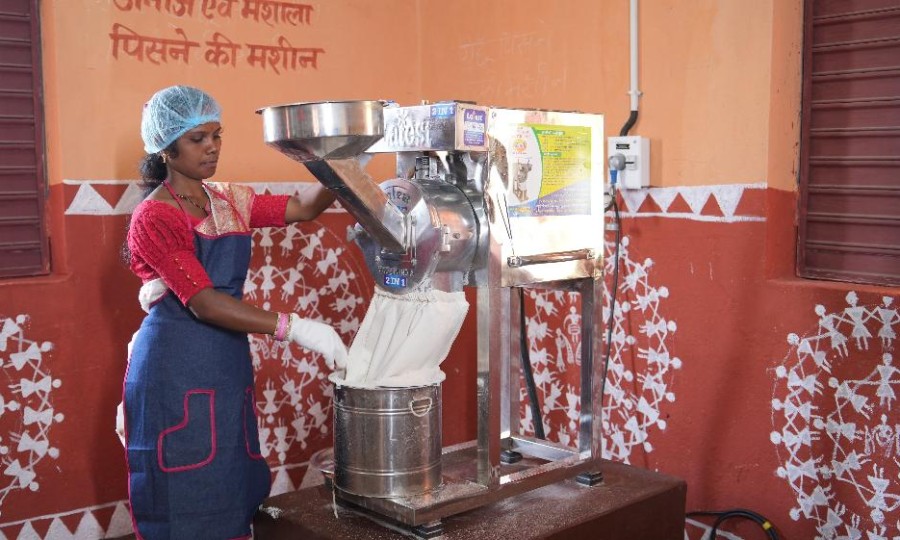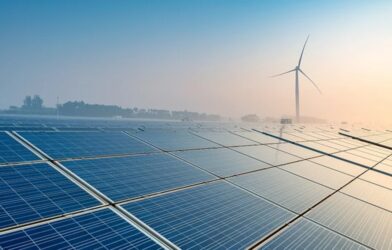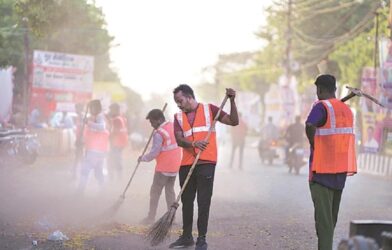In Kocha, Khunti, an ambitious district in Jharkhand, Schneider Electric India Foundation (SEIF), the company’s social impact division, has opened a Climate Smart Village. This project, which is SEIF’s third Climate Smart Village in the state, was created in collaboration with PRADAN (Professional Assistance for Development Action), a pre-eminent NGO committed to enhancing the lives of impoverished rural households. The programme, which builds on previous achievements in the Gumla district, demonstrates Schneider Electric’s dedication to guaranteeing food security by establishing self-sufficient rural communities and sustainable energy access. Damini Chaudhari, Vice President – Strategy, M&A & CSR, Schneider Electric; Kali Charan Munda, Member of Parliament, Khunti constituency; Sudeep Gudhiya, MLA, Torpa constituency; and Dipika Pandey Singh, Hon. Minister of Rural Development and Panchayati Raj, Government of Jharkhand, who served as Guest of Honour, led the inauguration.
In Kocha, farmers who previously only grew one rain-fed crop are now starting to grow several crops, process their produce locally in agro-processing facilities, and sell it through the Torpa Mahila Krishi Bhagwani Saykari Swalambhi Samiti, a women-led Farmer Producer Organisation. This change is improving local value addition, increasing agricultural output, and bolstering community livelihoods. “At Schneider Electric, we believe that access to sustainable livelihood is the first step towards empowering communities,” stated Deepak Sharma, MD & CEO, Schneider Electric India, Zone President – Greater India. Kocha’s Climate Smart Village project serves as an example of how digital technologies, local entrepreneurship, and renewable energy can revolutionise rural economies. We are creating resilient communities and sustainable livelihoods that are genuinely Atmanirbhar by assisting farmers in expanding their crops, processing locally, and creating platforms that support entrepreneurship.
Kocha hamlet suffered from low farm output and few options for a living, despite its vast agricultural diversity. Monsoon rains were essential to agriculture, limiting farmers to a single crop cycle annually and maintaining low incomes. Farmers couldn’t operate machinery to process their harvests without three-phase power. Evenings were dangerous due to the lack of lamps, and families were frequently compelled to relocate in quest of employment. A 40 kW solar-powered mini-grid with intelligent energy management has been installed by SEIF to address this issue. Today, it runs an e-vehicle, the Primary Health Centre, streetlights, agro-processing facilities, homes, and irrigation pumps. Better farming, local processing, safer communities, and new sources of income are all made possible by this consistent supply of electricity.















Comments are closed